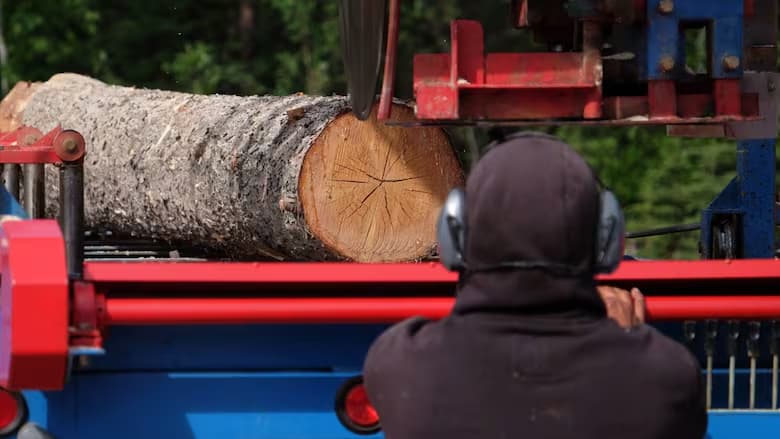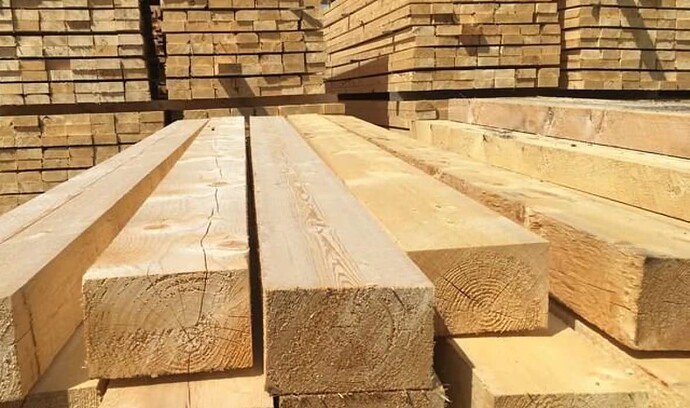B.C. premier and U.S. industry group both confirm tariff rate set to go up from 14.54% to 34.45%
The U.S. is set to more than double the duty it charges on softwood lumber imports from Canada, with the planned new rate set at 34.45 per cent, up from the previous 14.54 per cent.
While the preliminary determination was not immediately posted to the U.S. Federal Register, it was confirmed in statements from the B.C. premier’s office and the U.S. Lumber Coalition, a trade industry body.
New softwood lumber duties were long-feared amid the growing trade war between Canada and the U.S., and would be the latest blow to B.C.'s beleaguered forestry industry, which has seen thousands of workers laid off over the last few years.
B.C. Premier David Eby condemned the planned duty hike as an “attack on forest workers and British Columbians” in a statement on Saturday.
“In Canada, the continued unjustified softwood lumber duties, combined with additional U.S. tariffs and other trade actions, have united Canadians,” he wrote.
“We have friends and family in the United States who need Canadian lumber to build or rebuild their homes, and both Canadians and Americans need an end to this trade dispute.”
Under the U.S. Tariff Act, the Department of Commerce determines whether goods are being sold at less than fair value or if they’re benefiting from subsidies provided by foreign governments.
In Canada, lumber-producing provinces set so-called stumpage fees for timber harvested from Crown land, a system that U.S. producers — forced to pay market rates — consider an unfair subsidy.
Indeed, the U.S. Lumber Coalition — which represents softwood lumber producers in that country — welcomed the planned spike in duties in a statement on Friday.
“These unfair trade practices are designed by Canada to maintain an artificially inflated U.S. market share for Canadian products and force U.S. companies to curtail production, thereby killing U.S. jobs,” said Andrew Miller, the chairman of the coalition, in the statement.
The B.C. Lumber Trade Council said in a statement that claims that B.C.'s system provides an unfair advantage “are simply not supported by the facts.”
“Our stumpage system is grounded in market principles, with timber sold through open, competitive auctions,” said Kurt Niquidet, the president of the industry body.

